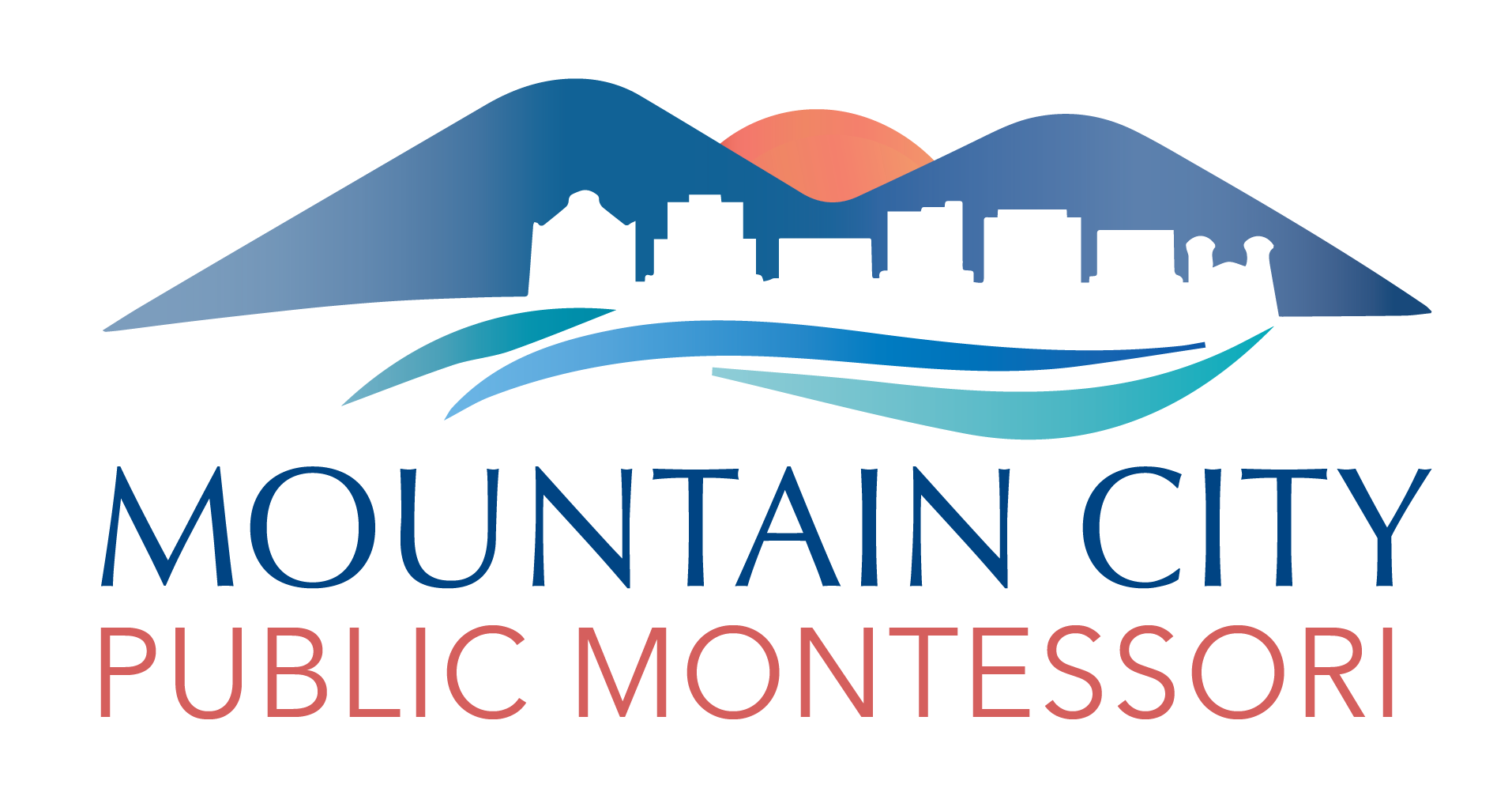Lower and Upper Elementary
Lower Elementary: Ages 6 - 9 (1st, 2nd, and 3rd Grade)
Upper Elementary: Ages 9 - 12 (4th, 5th, and 6th Grade)
 The foundation of the Montessori elementary curriculum for grades one through six is a series of five “Great Lessons” that cover: the formation of the universe, the evolution of life, the evolution of humans, the development of written language, and the development of mathematics. These lessons are told like stories with illustrations, hands-on demonstrations or materials, and timelines. They are given every year so that students build familiarity with the history of these milestones, and are able to investigate particular areas of interest touched on in these wide-scope lessons. Out of the Great Lessons, teachers then introduce all the academic subjects: earth, physical and life sciences, history, grammar, writing, reading, arithmetic, geometry, algebra.
The foundation of the Montessori elementary curriculum for grades one through six is a series of five “Great Lessons” that cover: the formation of the universe, the evolution of life, the evolution of humans, the development of written language, and the development of mathematics. These lessons are told like stories with illustrations, hands-on demonstrations or materials, and timelines. They are given every year so that students build familiarity with the history of these milestones, and are able to investigate particular areas of interest touched on in these wide-scope lessons. Out of the Great Lessons, teachers then introduce all the academic subjects: earth, physical and life sciences, history, grammar, writing, reading, arithmetic, geometry, algebra.
The Montessori curriculum is an intentional spiral. Topics are introduced to the youngest students with hands-on materials and they move towards abstraction as they grow. For example, in the grammar curriculum: first grade students use sentence strips and lay out small wooden shapes above them to identify the parts of speech. By third grade, they are able to do this work entirely on paper and are introduced to manipulable materials for diagramming sentences. In fourth through sixth grade they move towards drawing sentence diagrams on paper and analyzing increasingly complex sentences.
Science is taught with experiments and demonstrations that the students can do themselves, and art materials are consistently available in the classroom. Students use timelines and card materials to study history, and are guided in developing research skills, writing reports, and making presentations to share their learning with their peers.
Montessori reading instruction aligns with the Science of Reading. The Montessori method follows the principles stated by the Science of Reading, incorporating phonics (relationships between sounds and written language), phonemic awareness (the awareness of sounds that make up spoken words), and advancing in complexity to letter formation, spelling, word parts and comprehension. At MCPM, we understand literacy as a social justice issue and it is our responsibility to provide explicit instruction to increase achievement. High quality reading instruction aligned with the Science of Reading is paramount to student success. The compendium of research on the Science of Reading supports and affirms Montessori teaching methods and specific materials that develop phonemic awareness, phonics, vocabulary, fluency, and comprehension.
